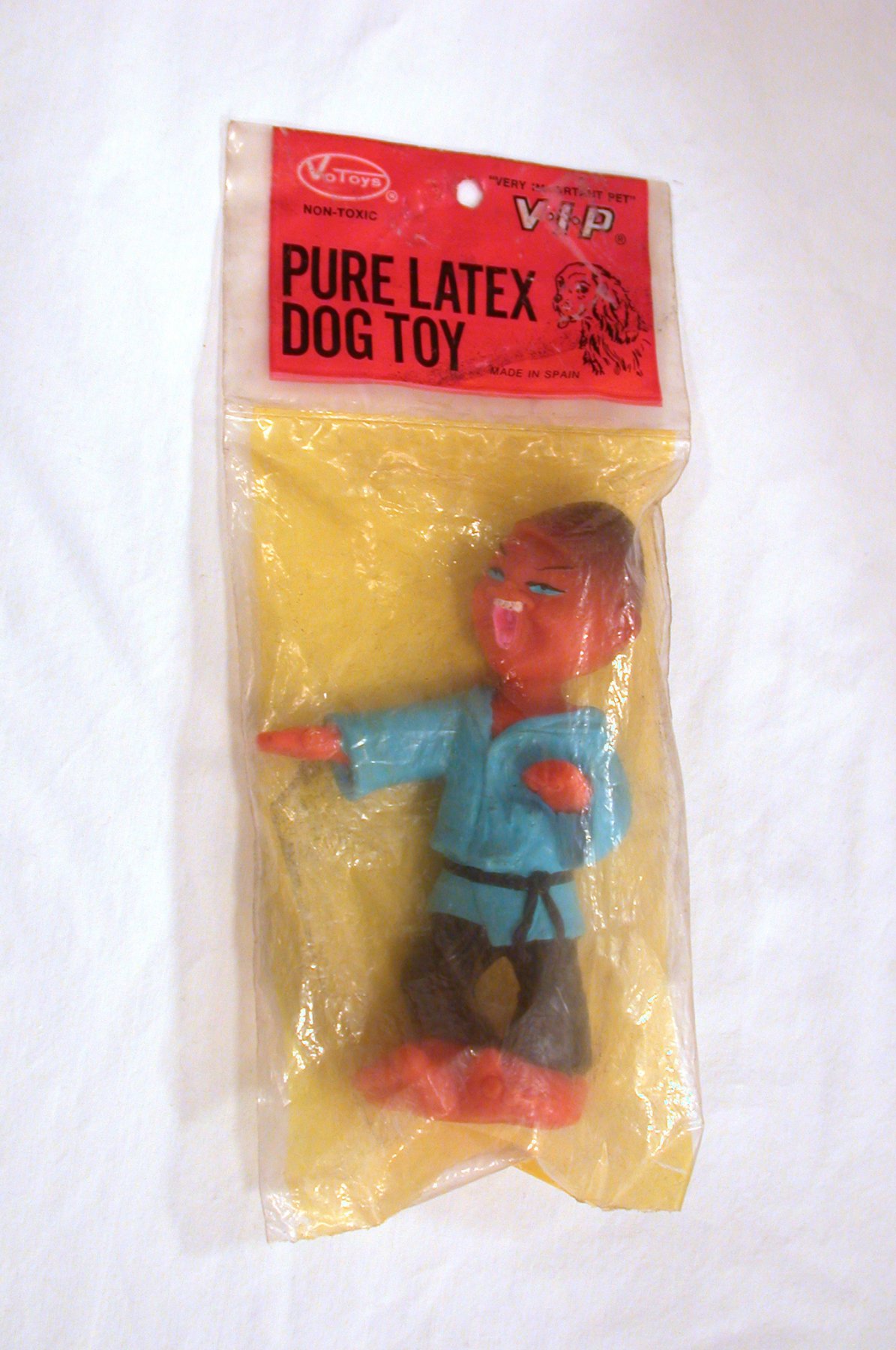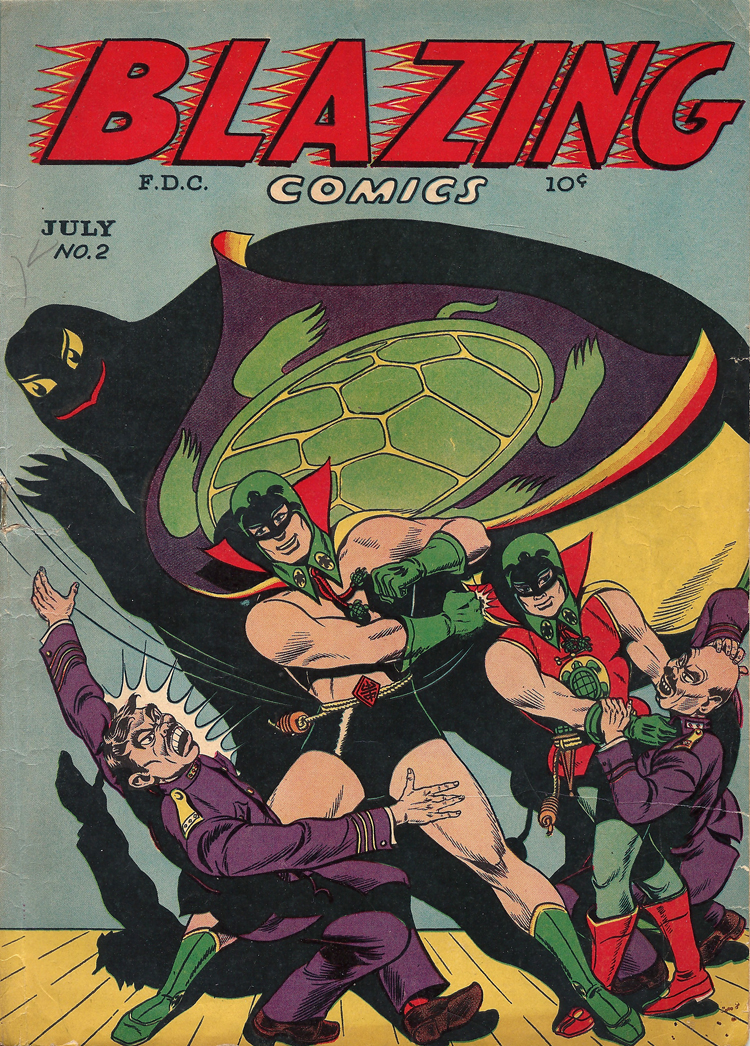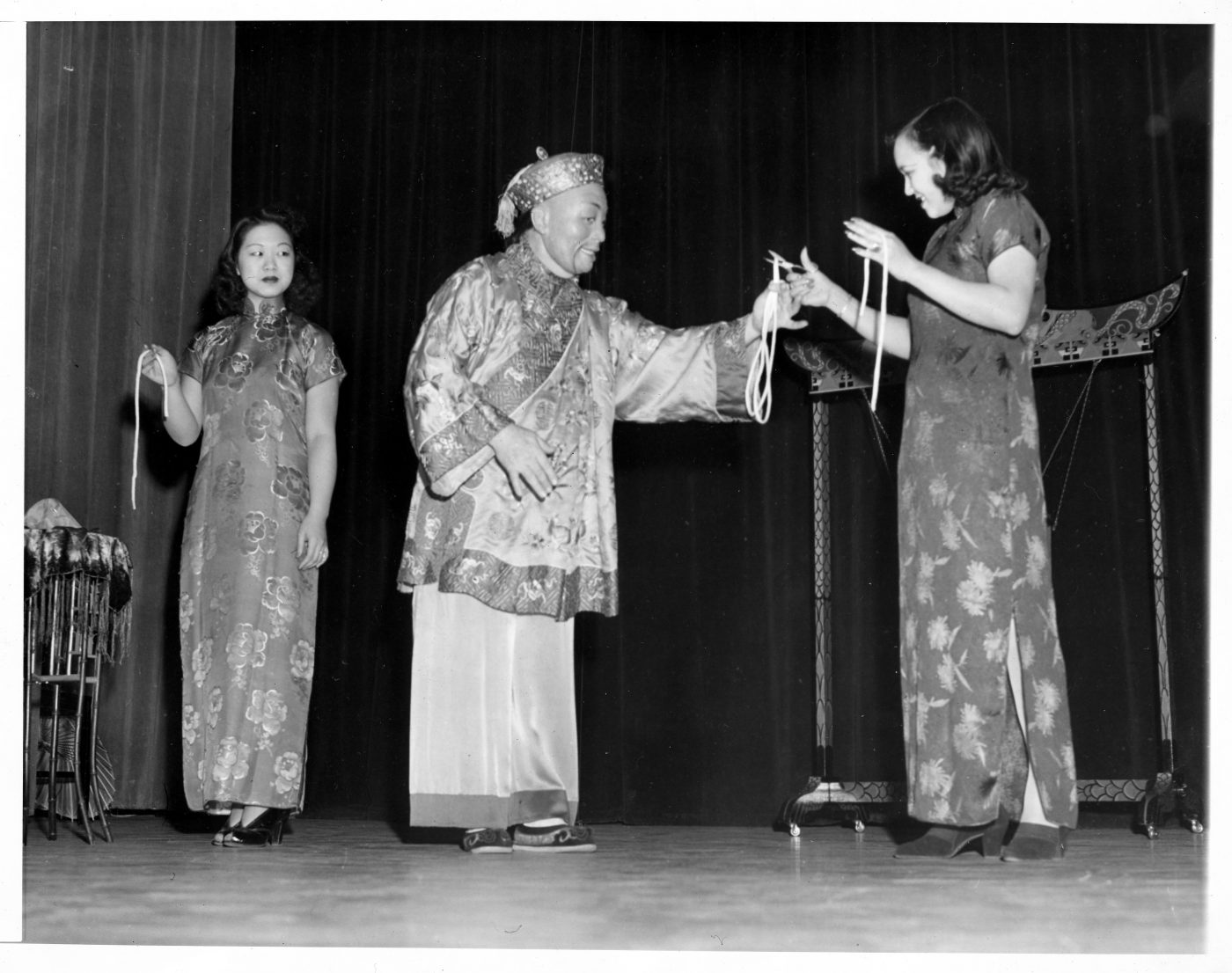While racist stereotypes have harmed Chinese in America by fueling racial violence and policy, especially during the era of Chinese Exclusion, they have benefited companies in the form of profitable merchandise. This American-produced latex dog toy for a “very important pet” depicts a slant-eyed Asian character in a vague karate uniform and pose. Such a toy reduces Chinese personhood to a monolithic Asian stereotype and literally objectifies and demotes Asians below even the rank of animal. While the production date of this toy is unknown, racist stereotypes of Asians and other races continue to be turned into merchandise, such as the notorious Abercrombie & Fitch t-shirts of 2002 which included such depictions as the Wong Brothers laundry service with the tagline “Two Wongs can make it white.”
Collections馆藏Collections馆藏Collections馆藏Collections馆藏Collections馆藏Collections馆藏Collections馆藏Collections馆藏Collections馆藏Collections馆藏Collections馆藏Collections馆藏Collections馆藏Collections馆藏Collections馆藏Collections馆藏Collections馆藏Collections馆藏Collections馆藏Collections馆藏Collections馆藏Collections馆藏Collections馆藏Collections馆藏Collections馆藏Collections馆藏Collections馆藏Collections馆藏Collections馆藏Collections馆藏Collections馆藏Collections馆藏Collections馆藏Collections馆藏Collections馆藏Collections馆藏Collections馆藏Collections馆藏Collections馆藏Collections馆藏Collections馆藏Collections馆藏Collections馆藏Collections馆藏Collections馆藏Collections馆藏Collections馆藏Collections馆藏Collections馆藏Collections馆藏Collections馆藏Collections馆藏Collections馆藏Collections馆藏Collections馆藏Collections馆藏Collections馆藏Collections馆藏Collections馆藏Collections馆藏Collections馆藏Collections馆藏Collections馆藏Collections馆藏
Latex Dog Toy

09 October 2019 Posted.
Latex Dog Toy, Museum of Chinese in America (MOCA) Collection.
乳胶狗玩具,美国华人博物馆(MOCA)馆藏

